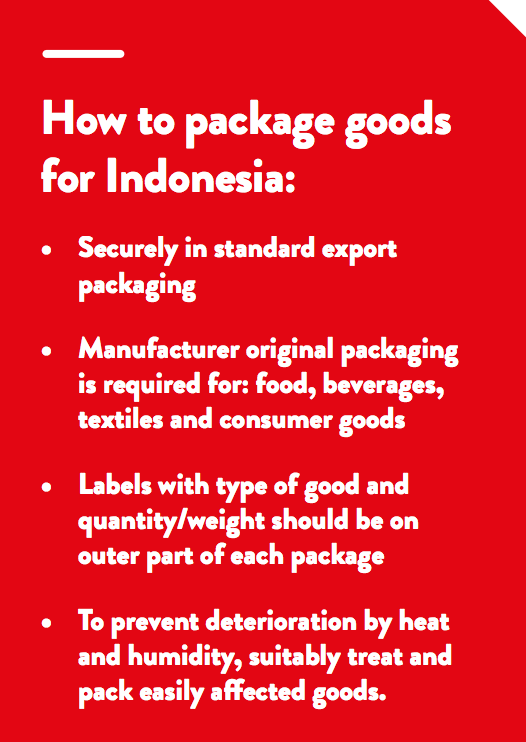Marketing in Indonesia
Within Indonesia, there are several large regional markets and many more niche and micro-niche markets. The consumer market is scattered over about 17,500 islands, where tastes and preferences vary. Prices are also variable with the mixtures of cultures, population sizes and differing levels of economic development making marketing in Indonesia challenging. A one-size-fits-all marketing strategy will simply not work.
Management consultants McKinsey have identified the following broad consumer trends, which have essential implications for marketing across the diverse market segments in Indonesia:
- Brand preference: Indonesians have a higher preference for brands than the consumers of other nations when they were at similar development stages, including China. Local brand preference is particularly high, with 60 per cent of Indonesians preferring them, particularly in food and beverage categories.
- Urban dynamics: It is crucial to understand the differences and dynamics that exist across not only the two biggest cities on Java – Jakarta and Surabaya – but also clusters of rapidly growing smaller cities across the archipelago.
- Getting to market: Indonesia’s distribution infrastructure is fragmented geographically, with family-owned and run stores predominating in numerous consumer categories. However, modern retailing is growing and becoming more accepted as new channels emerge.
- Going digital: Digital technology is playing an increasingly large role in reaching Indonesia’s dispersed and assorted customers. Currently, television advertising and personal recommendations are the main sources of consumer product information.

Labelling requirements in Indonesia
It is mandatory to label goods in the national language, Bahasa Indonesia. Exemptions may be granted only if there is difficulty in finding Indonesian words with a similar meaning or if there are no Bahasa Indonesia words to substitute. Approval to omit Bahasa Indonesia labelling must be obtained from the Indonesian Attorney General.
Australian exporters should consult with their importers and local authorities regularly for information on changes. The below information may regularly change therefore it is important to consult and gather further information from the Directorate General of Customs and Excise.
Labels for food products must also include:
- Indication that the product has been registered with the Food and Drug Control Agency and has a product number (ML number) supplied by the agency
- Expiration date
- Complete name and address of the importer
- If the product is halal: provision of a halal certificate from an agency approved by the Indonesian Islamic Council
- Compliance with other specific labelling regulations when colouring agents are used.
Labels for pharmaceutical drugs must additionally show:
- The country of origin
- Nature of the drug’s composition
- Quantity and registration number from the Ministry of Health. Specific production, distribution, labelling, packaging and advertising requirements apply to cosmetics and hygiene products.

Clarification of certification with the Australian Quarantine and Inspection Service (AQIS), Meat and Livestock Australia and the Australian Department of Agriculture, should be conducted for all livestock. A halal certificate is required to accompany meat shipments.
A certificate of analysis from the manufacturer is obligatory for imported medicines, with brochures written in Indonesian required to accompany medicine samples for distribution in Indonesia. Patent medicines are only to be sold by retailers to acknowledged and appropriate companies with retailers prohibited from repacking or mixing operations.
Living plants, seeds and other plant materials require a phytosanitary certificate issued by the approved authority in the country of origin, stating that they are free from pests or diseases. In Australia this is usually conducted by AQIS, Department of Agriculture or the relevant state department of agriculture. A health certificate is also required for fruit from the approved authority in the country of origin stating that it is free from fruit fly.
Want to learn more? Explore our other Indonesia information categories or download the Indonesia Country Starter Pack.
